Can You Fight Allergies with Exercise? The Surprising Remedy for Spring Sniffles
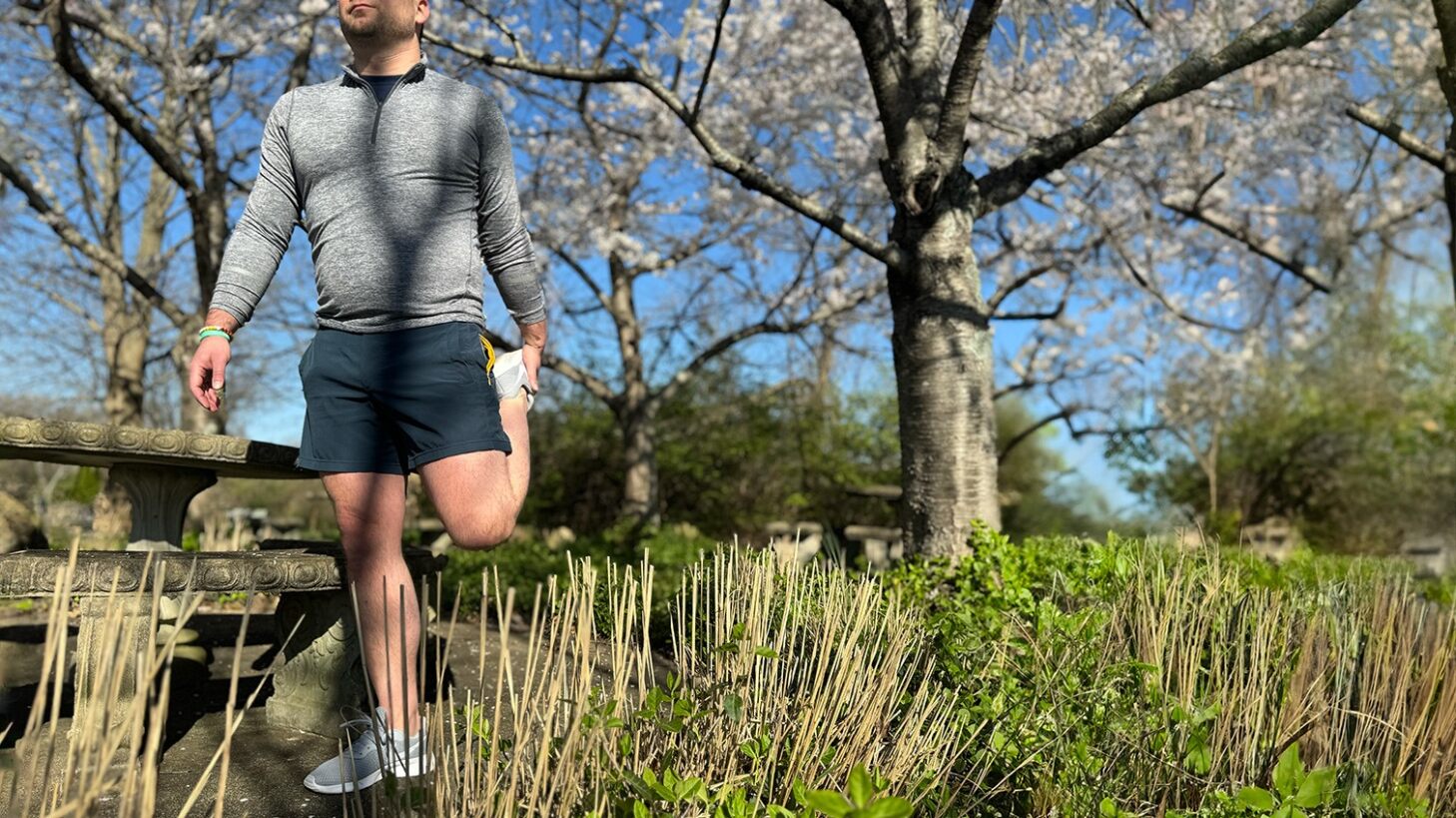
Posted April 22, 2024
Allergies, the dreaded annual return of coughing, sneezing, and itchy eyes. They come every year like clockwork and give you a run for your money as long as that allergen is around. According to the CDC, over 25% of U.S. adults deal with seasonal allergies, making it one of the most common conditions affecting American adults.¹ With a newfound interest in holistic treatment options and many allergy sufferers tired of relying solely on medication, the quest to uncover alternative strategies for allergies is well underway.
So what if you could improve your symptoms naturally with something other than medication? Newsflash, you might be able to! With expanding research, the role of exercise in influencing allergic responses has become a hot topic. So let’s sift through the evidence, explore the relationship between allergies and exercise, and uncover possible mechanisms for the sweat-inducing benefits.

Safety of Exercising with Seasonal Allergies
Before diving into the potential impact of exercise on allergy management, it’s important to understand what allergies are and why they occur. Allergies present when the immune system reacts to specific substances, known as allergens, leading to the release of histamines and other chemicals in the body.
This release manifests in various symptoms including sneezing, runny nose, itchy eyes, and in severe cases, anaphylaxis. Allergens can range from pollen to mold to animal dander and can cause varying reaction levels in different individuals.
When it comes to exercising with seasonal allergies, there are several important factors to consider, the first being environment. Minimizing exposure to allergens can greatly improve your exercise experience and allow you to burn calories without unwanted allergy-associated symptoms. These avoidance strategies aren’t rocket science.
Say, for example, you are allergic to pollen and it’s a windy spring day… trade the trail run for an indoor strength class or plan your outdoor activities earlier in the morning or late evening when allergen levels tend to be lower.
Check weather forecasts and adjust your exercise plans accordingly and you can significantly improve both the safety and enjoyment of your workout.
Besides outdoor versus indoor considerations, choose a gym with good ventilation and filtration systems. Scan the floor and equipment surfaces for dust build-up and trust your nose around the showers and steam rooms which are hot spots for mold development. Ensure your studio or box has air conditioning and employs regular cleaning routines to create a more controlled environment.
When it’s time to rock, carry a few antihistamines or your prescription allergy medications with you in case you need to mitigate an immune response should it occur. If you know your allergic response can be severe, communicate with your exercise partner, trainer, or instructor about your particular allergies to improve awareness and facilitate an appropriate response should there be an emergency.
Final consideration, consult with a healthcare professional before starting any new exercise routine. This seems like a gimmick these days with seemingly every article including this caveat. That said, this is important, particularly with conditions like allergies or asthma that impact your cardiorespiratory system.
Through a comprehensive assessment, medical professionals can provide individualized guidance to set you up for success with consideration of your personal health status, goals, and unique allergies.
Benefits of Breaking a Sweat
So now that we’ve covered the tough stuff, let’s delve into the undeniable benefits of breaking a sweat!
1. Exercise Can Regulate the Immune Response
Recent research has suggested that regular moderate-intensity exercise can have immune-regulating effects.² What this means functionally is that physical activity can potentially impact the body’s response to allergens. Although the research is hopeful, the relationship is complex with varying impacts observed amongst different allergy sufferers.
2. Improved Cardiorespiratory Health
It’s a no-brainer that exercise improves your cardiovascular health. When done in an allergen-free environment, exercise can also contribute to respiratory benefits for those with allergies. Enhancing your cardiovascular system through regular physical activity can improve your respiratory capacity and overall lung function.
3. Decreased Inflammation
Allergic responses lead to an acute inflammatory response but can also cause chronic inflammation in people who experience prolonged exposure to their reactive allergens.³ Luckily, studies continue to suggest that exercise can have anti-inflammatory benefits potentially reducing the systemic response experienced during an allergy episode.4
Note that although promising, further research is needed to determine how exercise specifically modulates the inflammatory response in the context of allergies.
4. Enhanced Quality of Life
If all else fails, engaging in regular physical activity with or without allergies can improve your overall well-being and optimize your quality of life. Exercise, along with a well-balanced diet, can improve both the resilience of your body and your mind, help you maintain good health, and prevent the development of chronic disease.
Working Out Indoors
Getting tested for allergies is the best way to pinpoint your triggers. Allergists and immunologists can take you through extensive testing to cue you into both allergic reactions and other conditions that may present similarly. When you know your triggers, take note of seasonal trends and pick your exercise routine appropriately.
If it’s springtime, mid-day Tai Chi in the park may be out, but you can still hop on an indoor treadmill or explore a new fitness class. Every workout may not be perfect, but setting yourself up for success by noting triggers, being aware of allergen levels, and choosing an optimal environment will all positively influence your wellness endeavors.

Bottom line, the relationship between exercise and allergies is complex with potential benefits and challenges. Undoubtedly, exercise continues to be a great way to improve cardiovascular health, reduce chronic disease, and improve mental well-being. In individuals with allergies, physical activity can also potentially reduce inflammation, improve respiratory health, and regulate the immune response.
That said, each individual is unique with outcomes varying based on the severity of your allergic response and overall health condition.
Consulting with a healthcare professional, exercising allergen avoidance strategies, and being open to environmental modification are all great steps to get the sweat-induced effects of exercise while keeping you safe from allergic responses.
References:
- https://www.cdc.gov/nchs/pressroom/nchs_press_releases/2022/20220126.htm#:~:text=About%20one%20quarter%20(25.7%25),%2DHispanic%20(17.0%25)%20adults.
- https://www.ncbi.nlm.nih.gov/pmc/articles/PMC7387807/#:~:text=Moderate%2Dintensity%20physical%20activity%20is,such%20as%20the%20lung%20and
- https://www.bjc.org/news/what-untreated-allergies-could-do-your-health
- https://news.harvard.edu/gazette/story/2023/11/new-study-explains-how-exercise-reduces-chronic-inflammation/#:~:text=And%20while%20immunologic%20conditions%20driven,reduce%20inflammation%2C%E2%80%9D%20Mathis%20said.



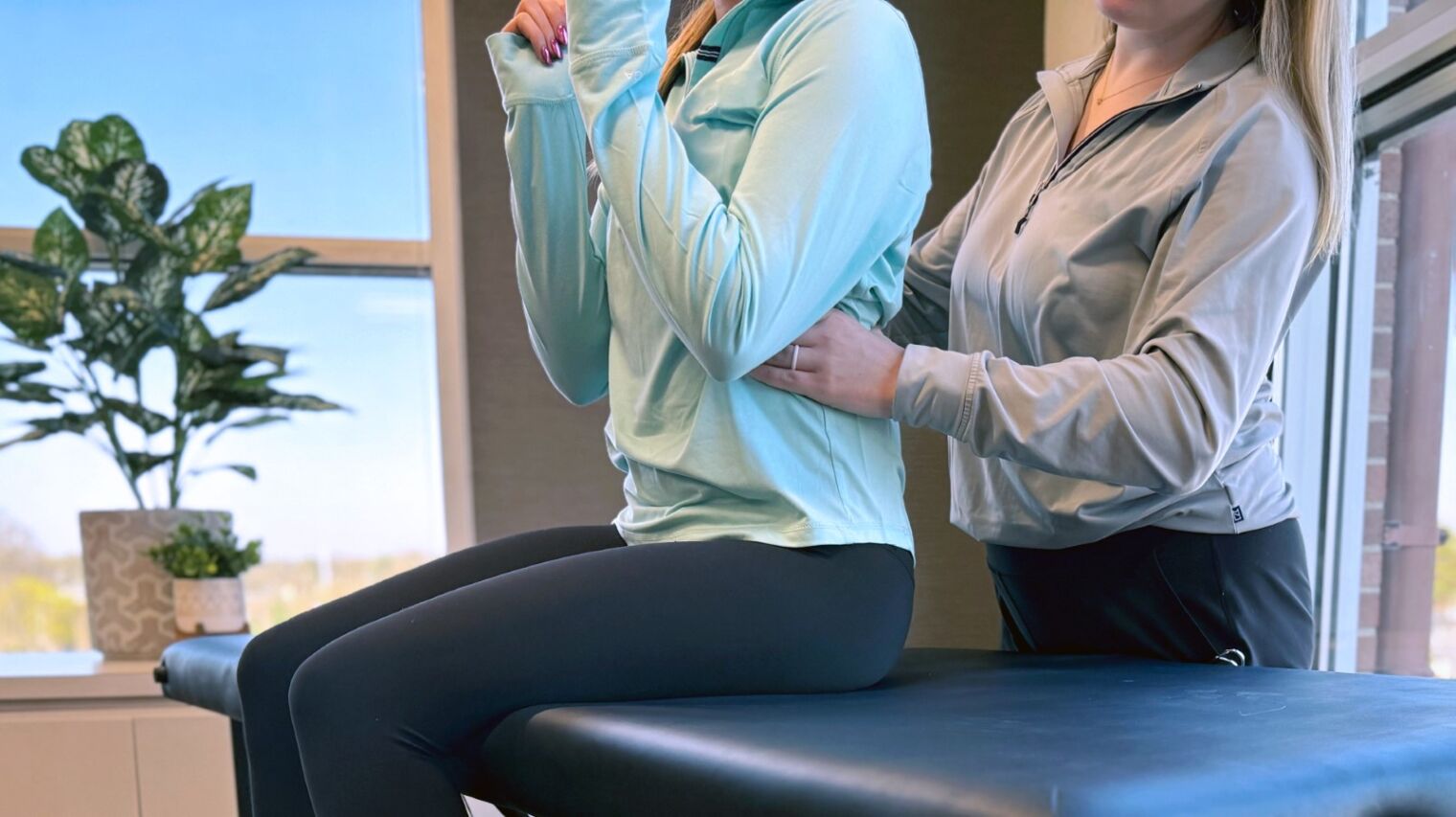


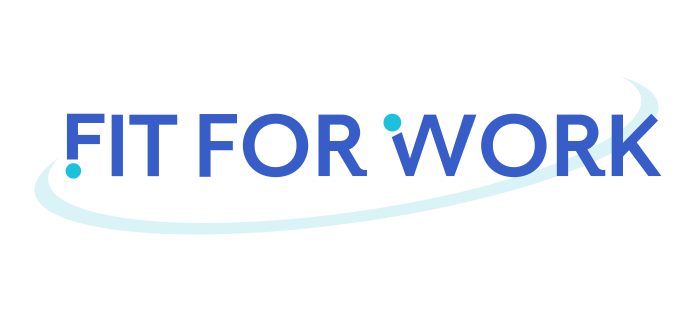


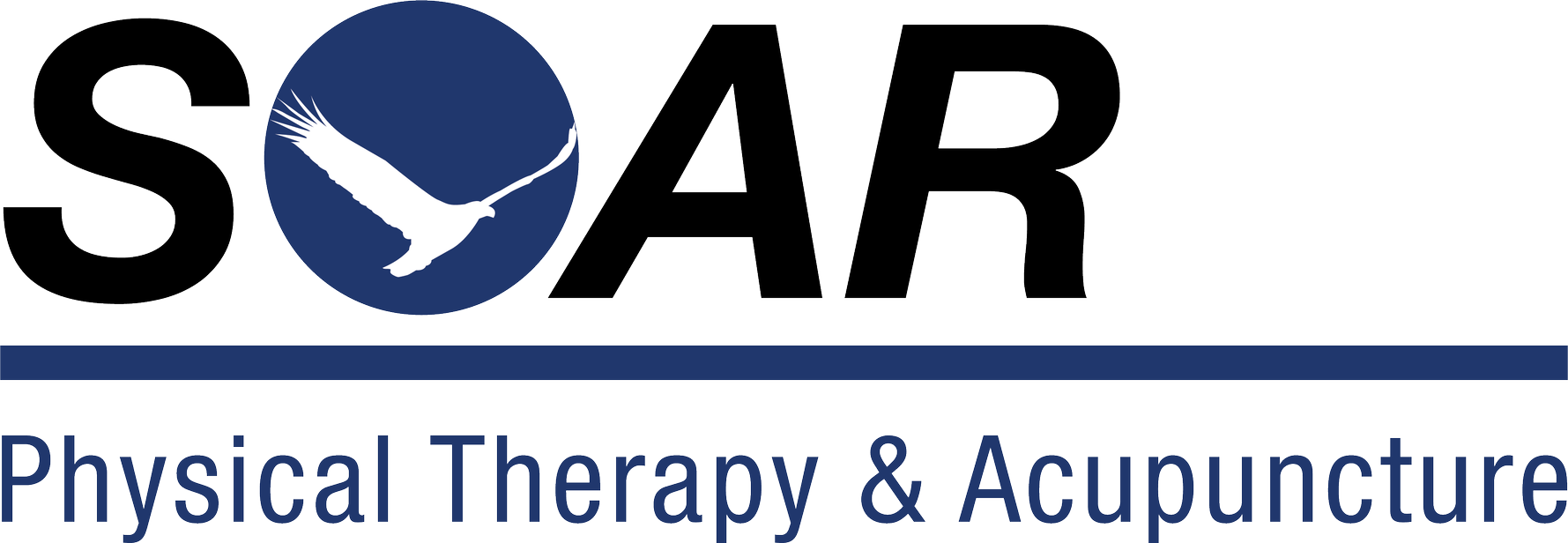

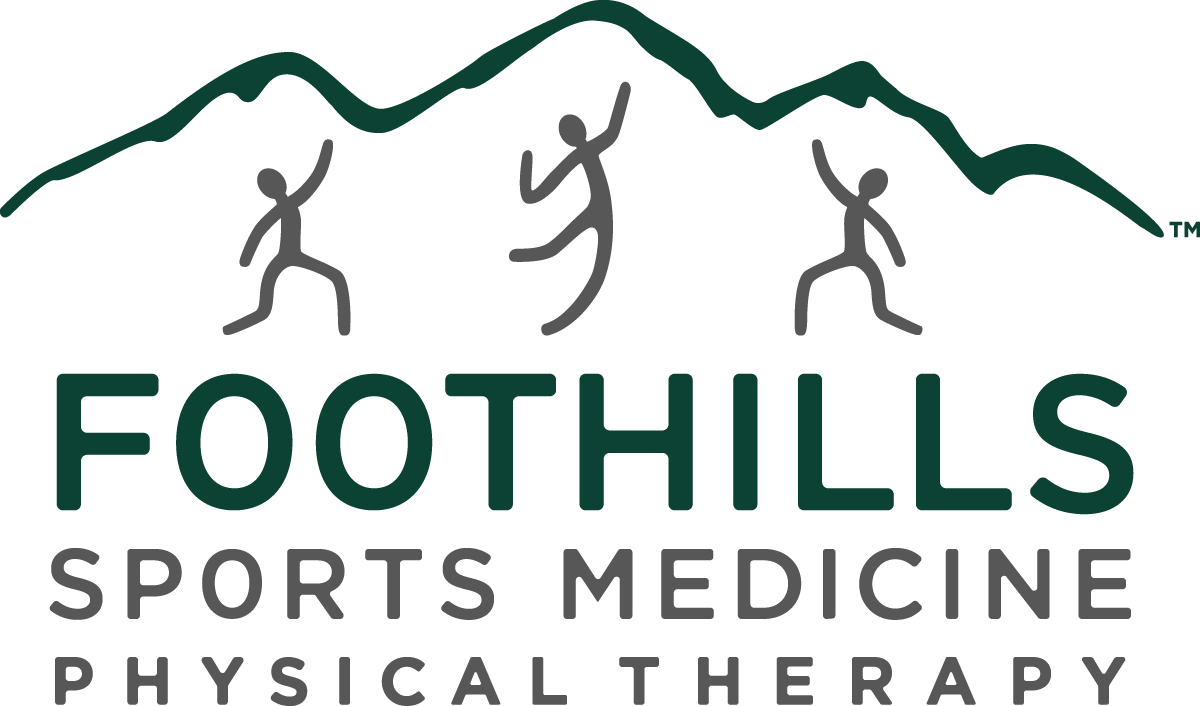
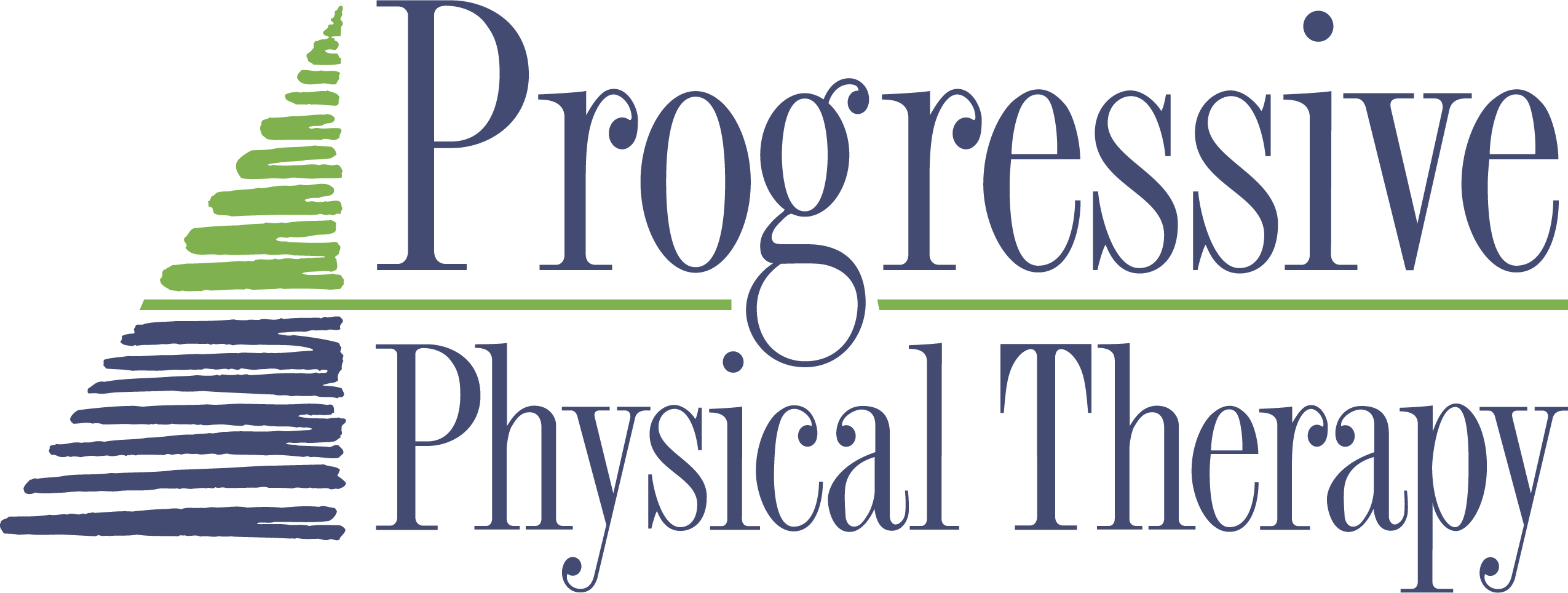

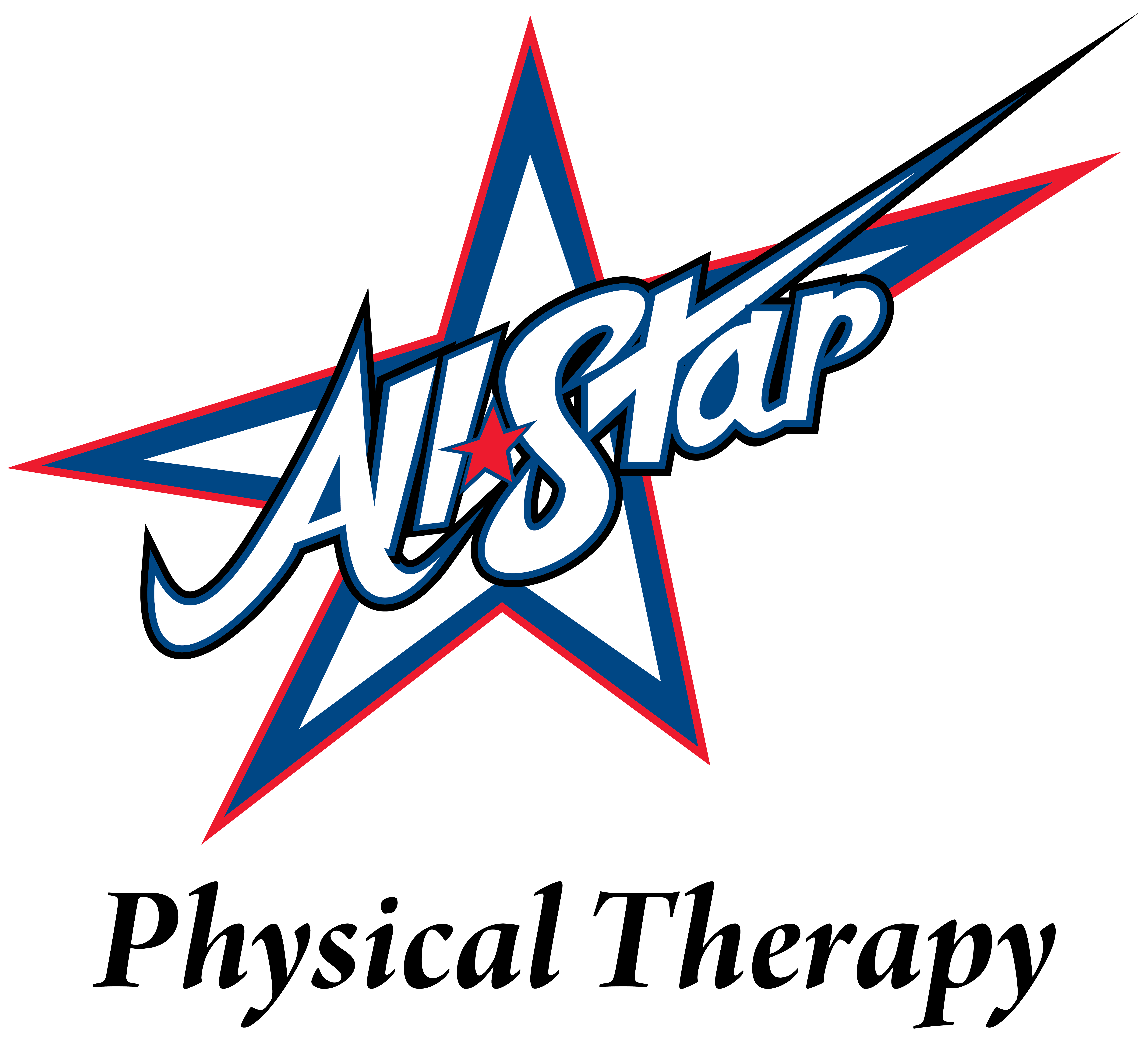




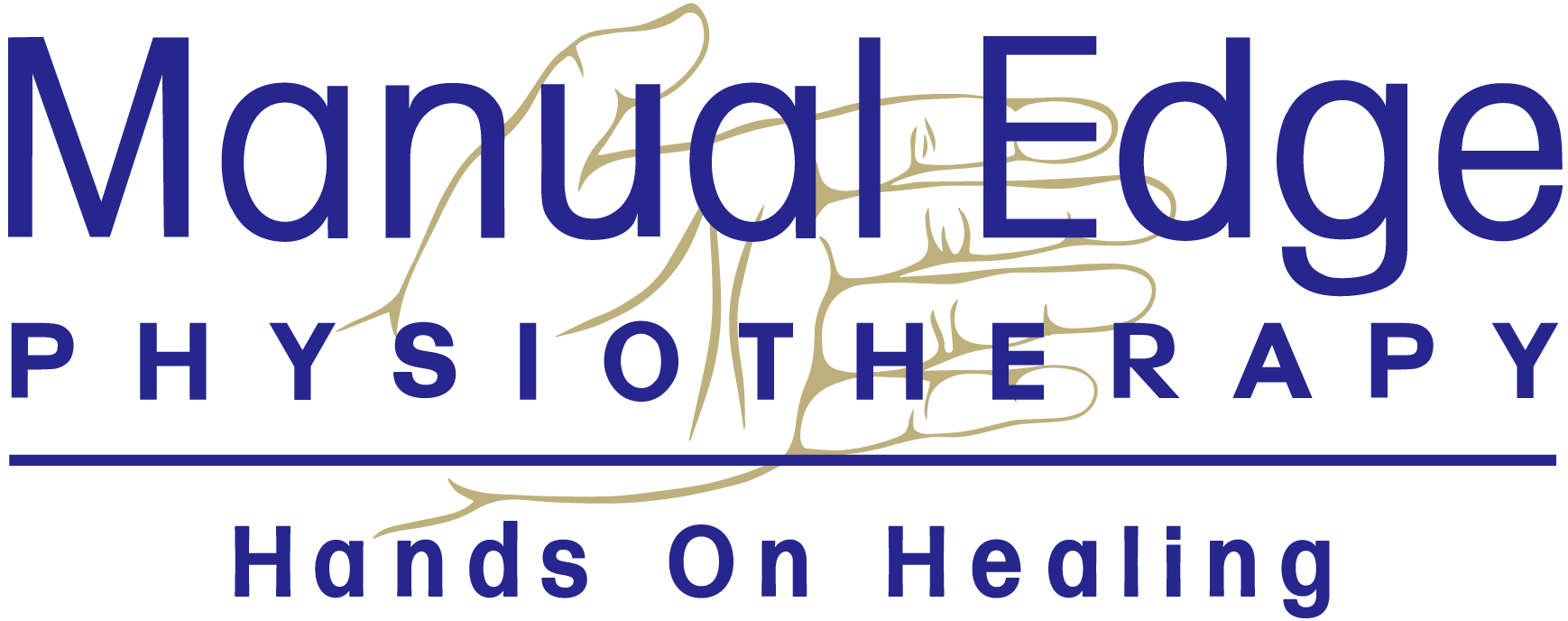
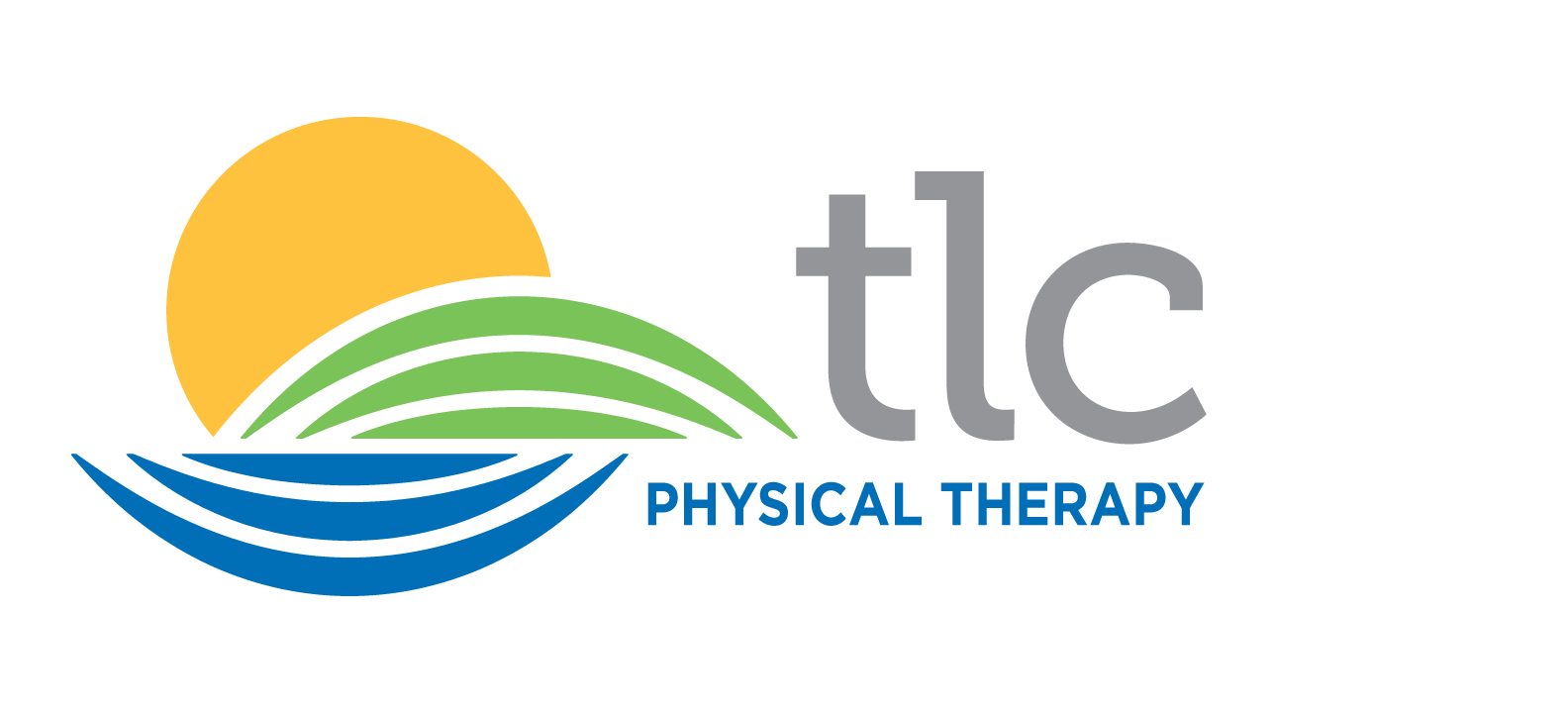
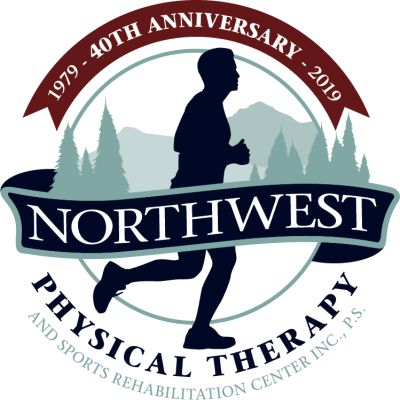



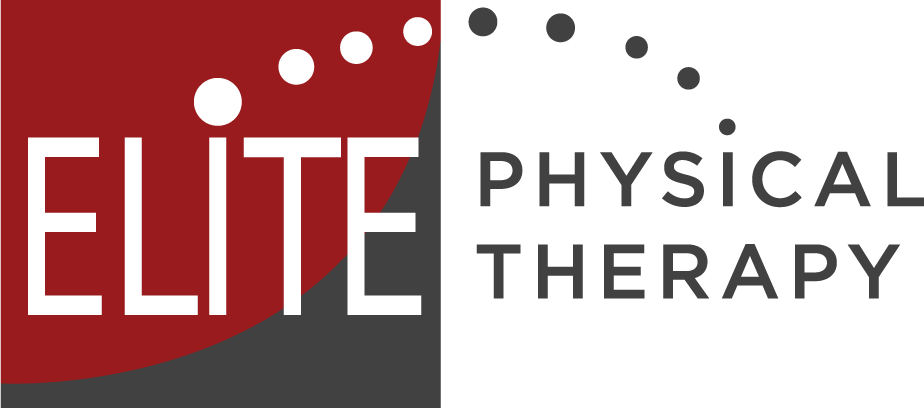

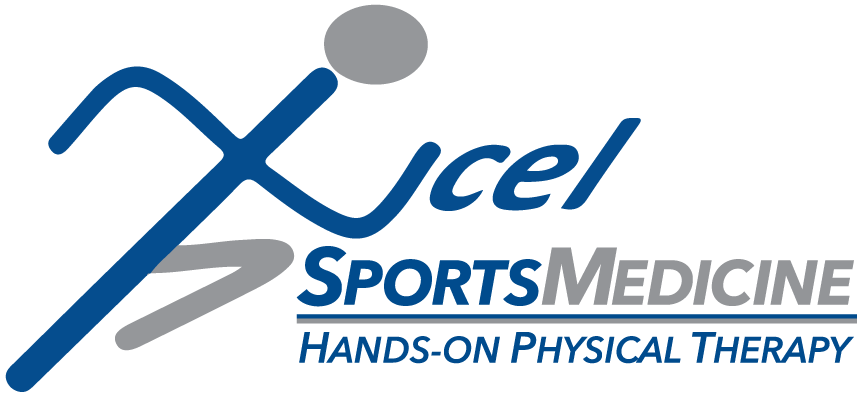



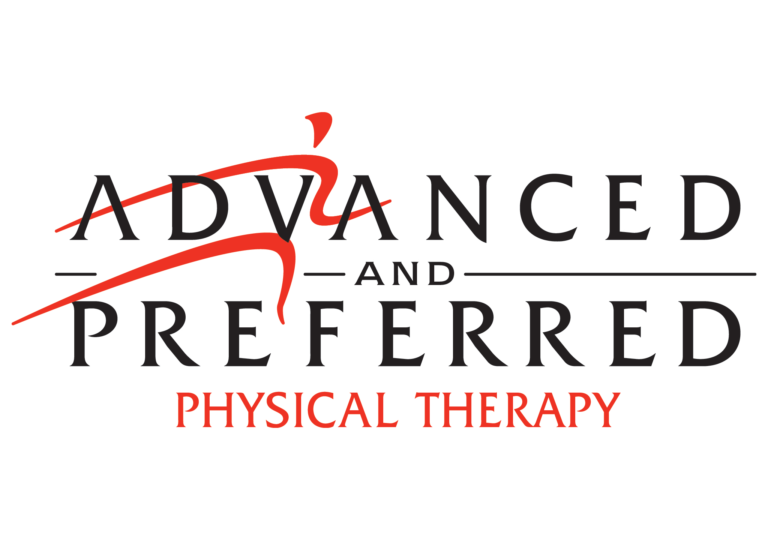



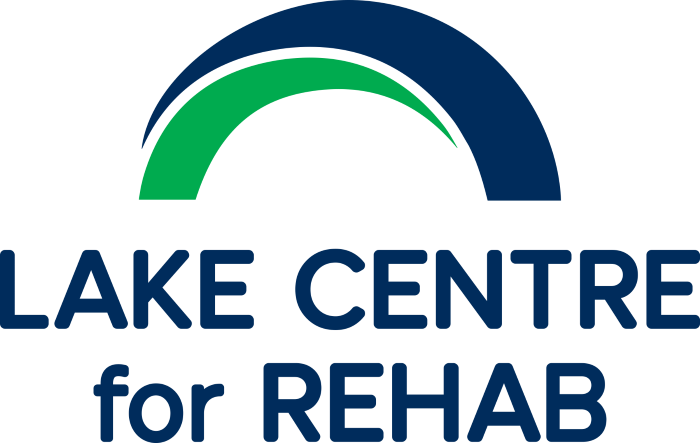
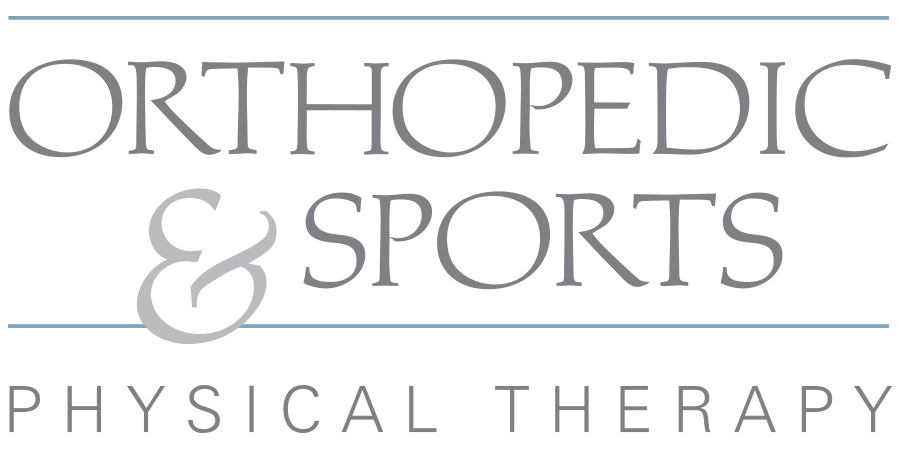

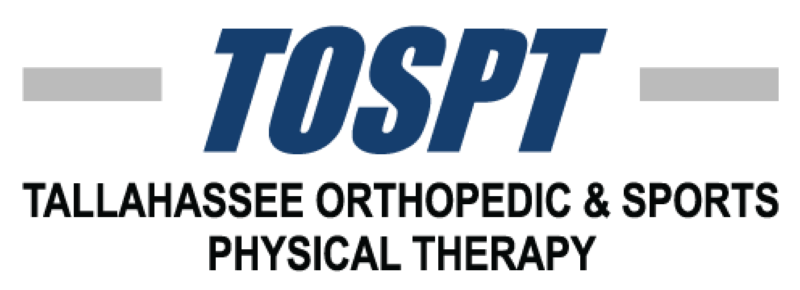













 Director of Marketing, Training and Professional Development
Director of Marketing, Training and Professional Development Marketing Consultant | Boutique Partners
Marketing Consultant | Boutique Partners Digital Marketing Specialist
Digital Marketing Specialist Digital Marketing Manager
Digital Marketing Manager Senior Graphic Designer
Senior Graphic Designer Content Production Manager
Content Production Manager Graphic Designer
Graphic Designer Senior Director of Partner Growth
Senior Director of Partner Growth Hive Marketing Liaison
Hive Marketing Liaison Digital Marketing Campaign Specialist
Digital Marketing Campaign Specialist Marketing Analyst
Marketing Analyst VP Brand Communications
VP Brand Communications  Web Designer
Web Designer Marketing Communications Specialist
Marketing Communications Specialist PR + Communications Manager
PR + Communications Manager Senior Director, Consumer Media Group
Senior Director, Consumer Media Group